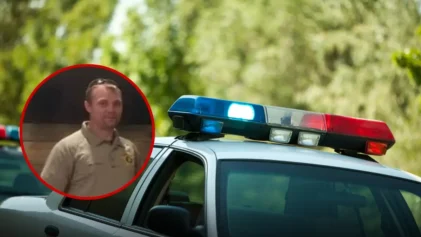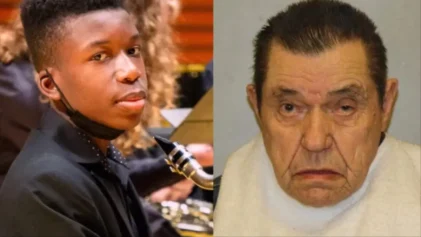More than 20 million Americans are currently living in food deserts, which are locations that have more liquor stores than access to fresh organic food. Of that number, African Americans rank the highest population of people to live in or come from these neighborhoods. Derek Bryant is a Bay Area California native and he says it’s time to stop relying on a system that makes us sick. Bryant, a self-proclaimed Wreckreation changemaker, advocates for change in the community through “wrecking our constructs, creating our reality, and making change.”
“We need to build more community gardens,” explained Bryant. “It’s time to ban together and start growing our own grocery stores right out of the ground.”
Bryant told Atlanta Black Star that it started with a single tomato. “There was nothing but junk in our backyard until a friend of mine grew a tomato back there,” he said, smiling. “After I saw the results I got back there and started growing my own food and now at last count, I have over 160 different plants.”
He eventually expanded from his backyard to a number of community gardens throughout his neighborhood and many other urban areas throughout the bay area.
Bryant says his goal is not to build gardens for people; it’s to teach people how to independently create their own food source. If you live in New York, Atlanta, Detroit, Chicago, San Francisco or Seattle, all areas heavily populated by African Americans, you live among the largest food deserts in the country.
“We don’t have to go to the grocery store and risk getting salmonella from all those things they put in those mass-produced food. We don’t have to eat like cattle.”
Bryant walked Atlanta Black Star through his largest community garden, pointing out all the different food items he now welcomes into his home. “It’s not just about eating, its about creativity,” he explained. “I learned how to make cucumber sauce with greek yogurt.
Now he’s challenging others to find that small space on their patio or maybe even an empty spot in their backyard to start to grow their own food. “It’s not enough to feed an entire community, but it’s enough to feed my family and my neighbors,” he said. He encourages others to be a part of the change you wish to see in your neighborhood, as change won’t come until more people work to create the blueprint.


